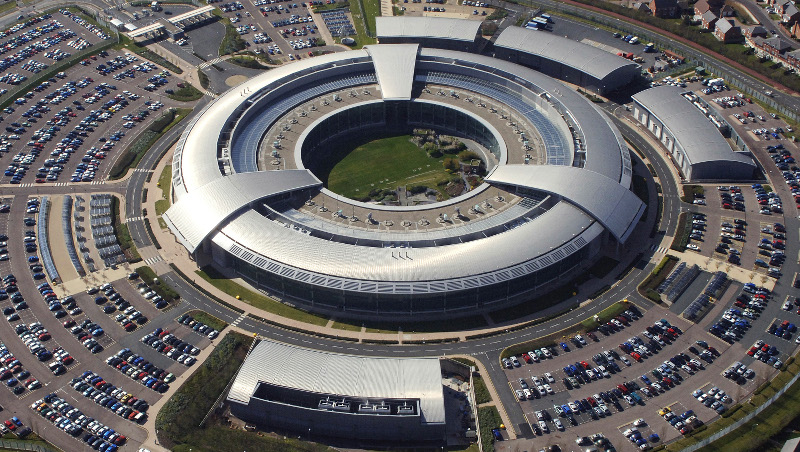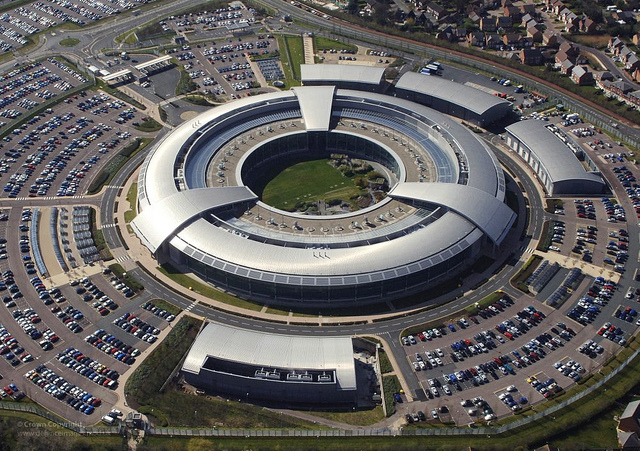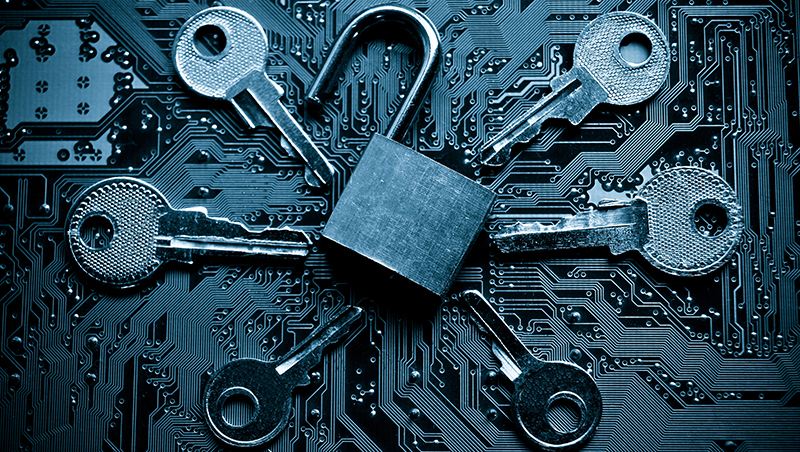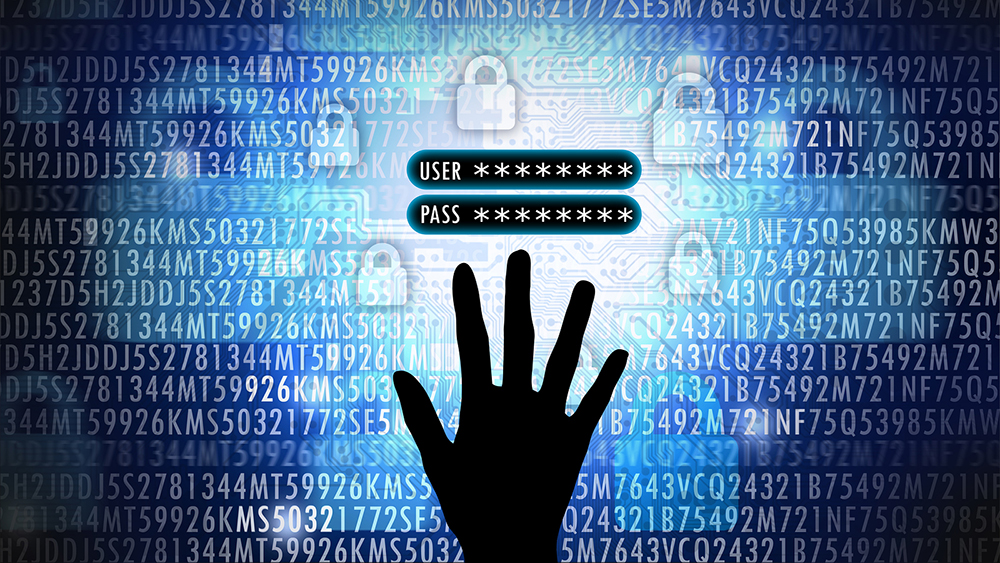Talking to the spooks about cyber security
Inside the enterprise: Government agency GCHQ is the latest to lend its weight to a cyber security campaign.

The dangers to businesses of a cyber attack are all too real. Cybercrime is no longer just about teenage hacking, but a well-organised activity focused on financial gain.
For a large quoted company, the damage caused by an advanced attack can cost more than 100m, and wipe 12 per cent of its stock market value, according to figures from management consultants PA Consulting Group.
A separate study by Norton, a division of security software company Symantec, puts the worldwide cost of cybercrime at US$110bn (70bn), if malware and phishing attacks are taken into account.
Against this backdrop, governments worldwide are scrambling to boost their cybercrime and cyber attack defences.
In the UK, the 2010 Strategic Defence Review increased resources for fighting cyber warfare, and defending against cyber attacks is now considered as important as military programmes.
But governments are also starting to look more deeply at how cyber attacks and cybercrime can affect business. Protecting government and military assets is no longer enough. Critical national infrastructure such as power grids and transportation are in private hands. And attacks that create disruption to a large company, are bound to disrupt the wider economy.
So this week, the Department of Business, Innovation and Skills teamed up with the Government's electronic intelligence agency, GCHQ, to provide new guidance to business about defending themselves from cyber attacks.
Sign up today and you will receive a free copy of our Future Focus 2025 report - the leading guidance on AI, cybersecurity and other IT challenges as per 700+ senior executives
National cyber security agencies, or CERTS, have issued guidance to businesses before. But GCHQ, through its information security arm CESG, is specifically targeting senior executives and boards.
The new advice will help companies identify their critical information assets and to understand the risks they face, at both a technical and financial level.
The agency will also issue an "Executive Companion" that will look at risk management and corporate governance, and a third briefing, covering 10 critical areas of cyber protection and prevention and deterrence of attacks.
The Government hopes the guidance will convince boards to take cybercrime and cyber threats more seriously, and will improve co-operation, both between Government and business, and between businesses themselves.
This makes sense, because when it comes to critical national infrastructure and economic assets, businesses and the public sector are interlinked: an attack on one sector is increasingly likely to damage the others.
Whether guidance from GCHQ or even a prospect of a friendly chat over tea and biscuits with the spooks will be enough to convince boards to act remains an open question. IT departments have been warning about the cyber attack risk for years, but not all boards take the threat seriously.
"The scale of the risk deserves to be managed at board level within companies, yet typically it isn't - or not at least until after a major attack has been discovered, when the cost of resolving the problem becomes much greater than it would have been had adequate protection measures been in place," warned Ed Savage, a security expert at PA Consulting.
"Taking proactive action is a better strategy than battening down the hatches and hoping to avoid it." But that, of course, means spending money.
Stephen Pritchard is a contributing editor at IT Pro
-
 Former GCHQ intern risked national security after taking home top secret data
Former GCHQ intern risked national security after taking home top secret dataNews A former GCHQ intern has pleaded guilty to transferring data from a top-secret computer onto his work phone.
-
 Businesses must get better at sharing cyber information, urges former GCHQ chief
Businesses must get better at sharing cyber information, urges former GCHQ chiefJeremy Fleming, the former head of GCHQ, has warned businesses face increasingly sophisticated cyber attacks on critical national infrastructure (CNI).
-
 UK and US pledge to punish cyber criminals at annual meeting
UK and US pledge to punish cyber criminals at annual meetingNews Intelligence and defence officials met at the annual forum to discuss approaches to cyber security for the years ahead
-
 GCHQ opens up about concealing cyber threats from global community
GCHQ opens up about concealing cyber threats from global communityNews In a series of publications from GCHQ and the NCSC, security directors explain why and how it keeps security threats a secret
-
 GCHQ has "over-achieved" at developing state hacking tools
GCHQ has "over-achieved" at developing state hacking toolsNews The organisation has developed double the offensive cyber attacks than that of criminals
-
 Canada's spy agency releases its own anti-malware tool to the public
Canada's spy agency releases its own anti-malware tool to the publicNews The CSE says its scalability makes it an ideal fit for enterprise applications
-
 The Queen formally opens National Cyber Security Centre
The Queen formally opens National Cyber Security CentreNews UK cyber chief talks tough in the face of hacker threats
-
 UK hit 'by almost 200 Russian cyber attacks' in three months
UK hit 'by almost 200 Russian cyber attacks' in three monthsNews Cybersecurity chief: Britain could soon be hit by a "category one" attack

